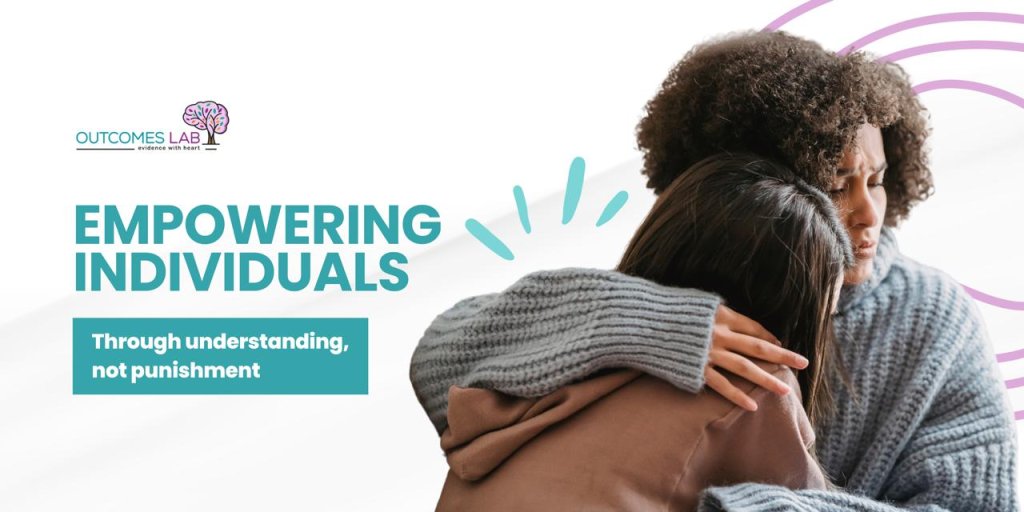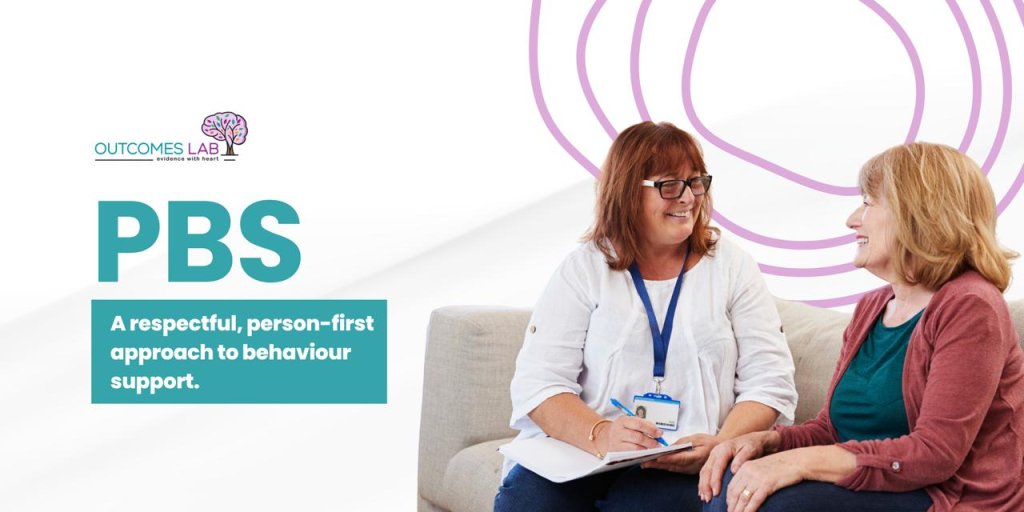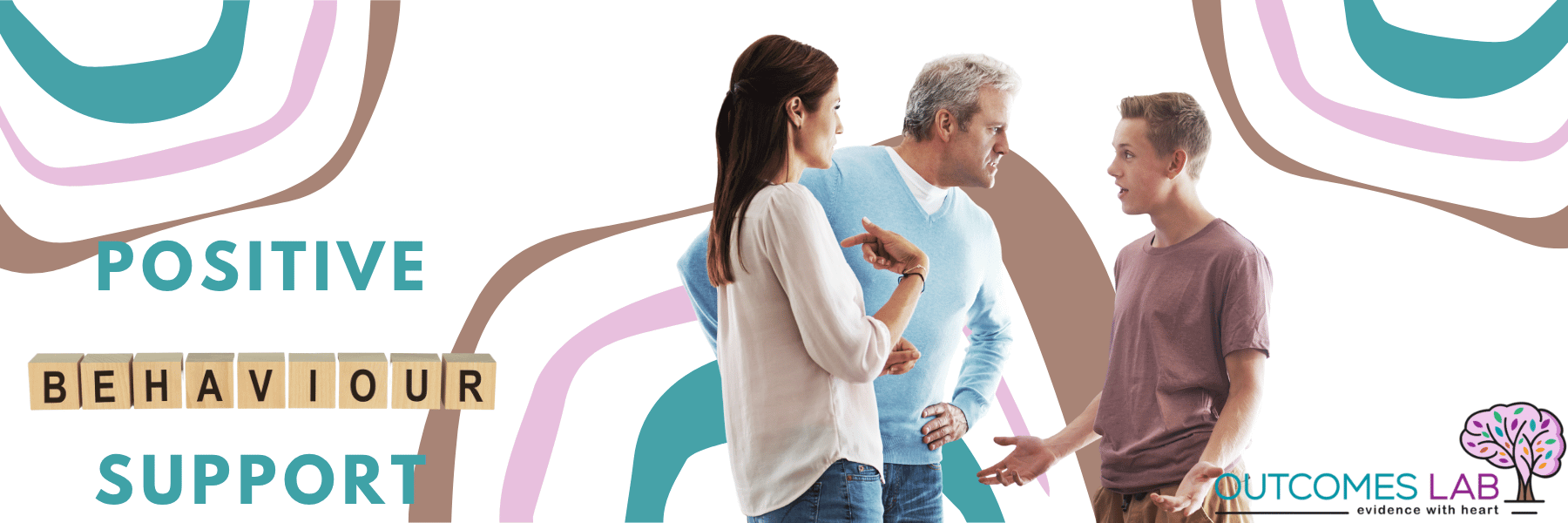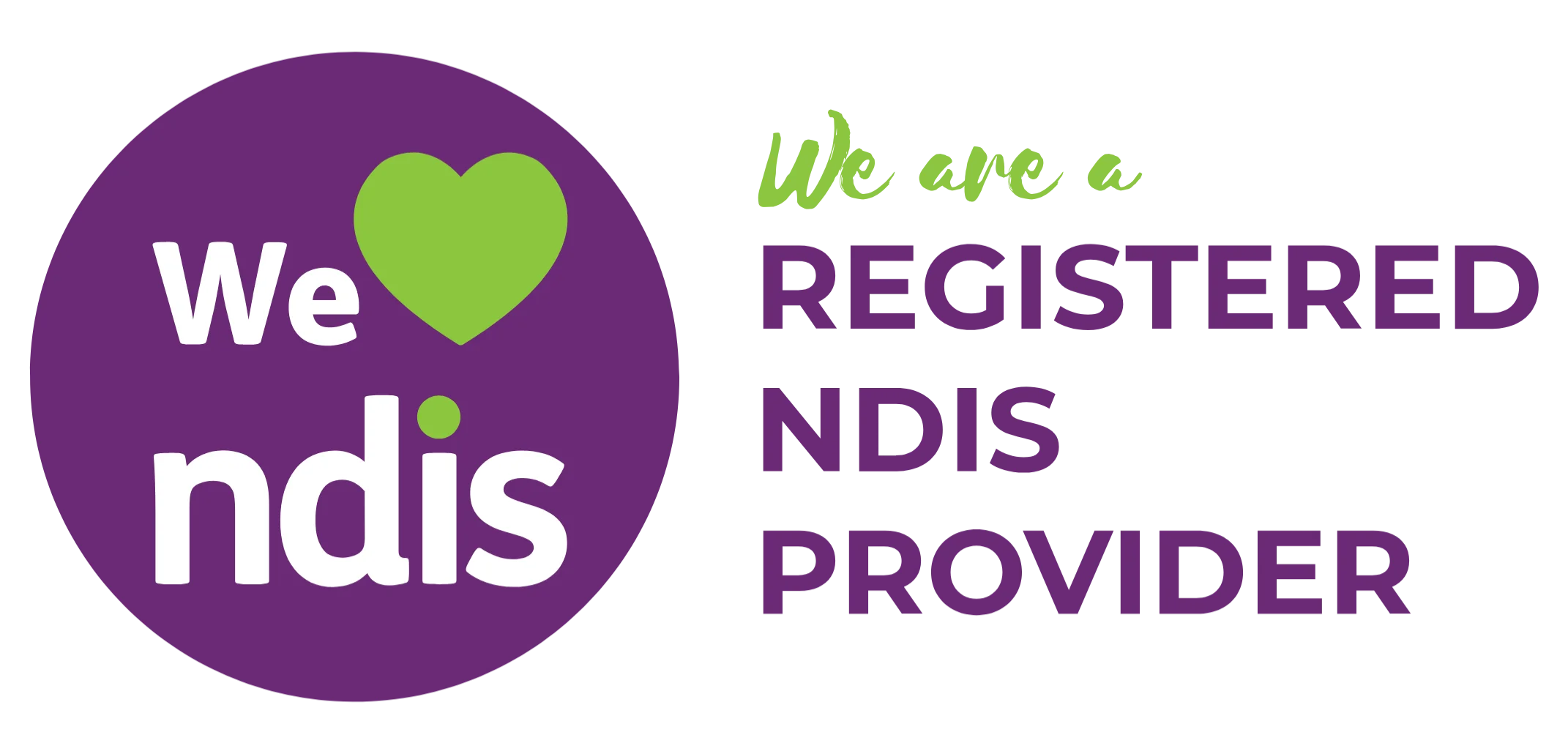Positive Behaviour Support (PBS) is an evidence-based, person-centred approach supported by the NDIS that helps individuals reduce behaviours of concern while enhancing their quality of life. At its core, PBS isn’t about controlling behaviour, it’s about understanding it.
Rather than focusing on the surface-level behaviour, PBS digs deeper to uncover the reasons behind it. Often, behaviours of concern are expressions of unmet needs, communication challenges, or environmental stressors. PBS aims to address these root causes through proactive strategies that promote dignity, respect, and choice.

Key Elements of Positive Behaviour Support
PBS begins with a comprehensive functional assessment. This assessment looks at when, where, and why a behaviour occurs, and what the individual may be trying to communicate through it. Based on this understanding, a tailored Behaviour Support Plan is developed.
The goals of PBS include:
- Teaching new, more effective skills to replace behaviours of concern
- Making changes to the environment to reduce triggers or stressors
- Supporting the person’s independence and wellbeing
- Reducing or eliminating the need for restrictive practices
Collaboration is key—PBS is most effective when developed and implemented with input from the individual, their family, carers, and support staff.
PBS vs Traditional Behaviour Support

There can be some confusion between Positive Behaviour Support and more traditional or “pure” behaviour support approaches. Understanding the distinction can help clarify why PBS is the endorsed method under the NDIS.
Traditional Behaviour Support often concentrates on the behaviour itself, sometimes using reactive techniques like consequences or punishment to discourage certain actions. This approach may reduce the behaviour in the short term but doesn’t necessarily lead to lasting change or improved quality of life.
Positive Behaviour Support, in contrast, views behaviour as a form of communication. Instead of suppressing it, PBS asks, “What is this behaviour telling us?” and focuses on teaching skills, reshaping environments, and building supportive relationships. It’s a long-term, empowering approach designed to help individuals thrive.
Accessing PBS Through the NDIS
PBS is a funded support under the NDIS. To access these services, participants should ensure that their NDIS plan includes funding for Improved Relationships. This funding category supports the development and implementation of Behaviour Support Plans and ongoing practitioner support.
During planning or review meetings, it’s helpful for participants, families, or support coordinators to discuss any behaviours of concern and advocate for PBS services where needed. The practitioner will work closely with the person and their support team to ensure that strategies are practical, respectful, and grounded in the person’s unique goals and context.
Final Thoughts
Positive Behaviour Support represents a compassionate way to address behaviours of concern. By shifting from a control-based model to one rooted in understanding and empowerment, PBS supports not only behaviour change but also genuine improvements in a person’s wellbeing.
This approach isn’t about “fixing” people. It’s about recognising their strengths, listening to their needs, and building environments that allow them to flourish.








